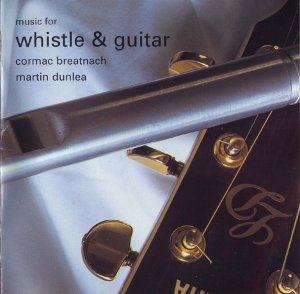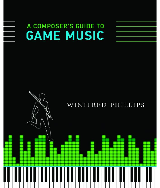

The title of my talk is “Beautiful,” an adjective that I don’t hear spoken often enough in when people teach and learn music.

What is interesting to me is how much of what we do in school-and not only in music-seems to effectively ignore much of what we know about how human beings learn. What ideas do you currently find most intriguing, and will you expand on these at the NAfME conference? My students and colleagues and I study human learning-how brains form memories for skills and refine skills over time. Plus, as a result of your efforts, you can actually make music. We know very well that a sense of personal agency is essential to well-being we need to learn that we can actually make things happen. Also, I know of no learning experience other than music where there’s a clearer connection between the efforts you expend as a learner and what comes back to you as the result of those efforts. Advocacy for music education is, in a sense, advocacy for equal opportunity. But for many children, school is their only opportunity to have arts experiences. How does music fit into the education of the whole person? Most people I know who are happy and have rewarding lives engage in active arts experiences, and nearly all parents of means provide arts experiences for their children. As I’m talking to you right now, there’s a copy of Science sitting on my desk. I soon l learned that Clifford subscribed to Science, along with a lot of other journals, which he read every week. The first time I walked into his office, I saw a copy of the journal Science on his desk and wondered what the heck that was doing there. What got you into music education research in the first place, and what do you enjoy learning about now? I had no intention of doing research when I first went to grad school, but in my first semester, I took a class from Cliff Madsen, who was so interesting and curious, and insightful, and an utter delight to be around. Up to that time, I’d not met anyone who was so devoted to any subject matter. He loved classical music and opera, and he introduced me to my first classical recordings. Was there a music teacher inspire you to go into the field? My band director in junior high was Clark Dobson, an extremely intelligent, well-read, curious, and exceedingly generous man. I loved that thing-I think I was the only kid who took it home and practiced! I was captivated by the fact that I could get this inanimate piece of plastic to make musical sounds. Little white pseudo-recorder with a red fipple. īob Duke, what was your own music education like? My first memorable music experience was playing the Flutophone in second grade.

Among other honors, he is a recipient of the NAfME Senior Researcher Award and the author of Intelligent Music Teaching and, with Jim Byo, The Habits of Musicianship. He is the Marlene and Morton Meyerson Centennial Professor and Head of Music and Human Learning at the University of Texas at Austin. This article first appeared in the August 2017 issue of Teaching Music.īob Duke is the keynote speaker for NAfME’s National In-Service Conference in Dallas, Texas, November 12–15, 2017. In Search of the Beautiful: Bob Duke and the Curious Mind


 0 kommentar(er)
0 kommentar(er)
